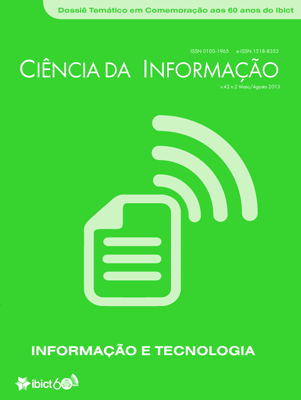Beyond Information Ethics - Knowledge and Care as new Values in Design
DOI:
https://doi.org/10.18225/ci.inf.v42i2.1381Keywords:
Information Ethics, Knowledge Systems, System DesignAbstract
With computer and information technology (ICT) coming to play a greater and more pervasive role in the lives of people around the world, it becomes important to consider the ways in which values and ethical beliefs are embedded in the technology that we use. Software, in particular, with its ability to both act independent from its creation and be reproduced, shared, and transmitted almost infinitely, opens many new ethical questions both in the implications of its immediate use, as well as any future use and the new contexts that such future use can bring. While Floridi’s Information Ethics presents a well developed, general means by which our interactions with ICT (from design to use) may be ethically guided, it provides no specific, proactive guidance for the creative process of design. When confronted with the need for a particular ICT system, or when faced with the opportunity for open-ended innovation, software and systems designers are left on their own to ask what kind of system should be built. Critiquing relevant ethical approaches, a knowledgeoriented ethics of care is presented that addresses the ethical questions of software design, while still allowing for the application of the variety of different ethical approaches necessary for dealing with the high level of complexity involved in building information communication networks. By acknowledging the complex networks of relationships that are engaged in the use and design of information communication technology, a substantial knowledge of the values and ethical positions embedded in technology proves to be necessary if one hopes to be able to properly practice a carebased ethics in the process of technology design.Downloads
Download data is not yet available.
Downloads
Published
06/08/2015
Issue
Section
Articles
License
- This publication reserves the right to modify the original, regarding norms, spelling and grammar, in order to maintain the standards of the language, still respecting author writing style;
- The final proofs will not be sent to the authors;
- Published works become Ciência da Informação's property, their second partial or full print being subject to expressed authorization by IBICT's Director;
- The original source of publicaton must be provided at all times;
- The authors are solely responsible fo the views expressed within the article;
- Each author will receive two hard copies of the issue, if made availalbe in print.




























